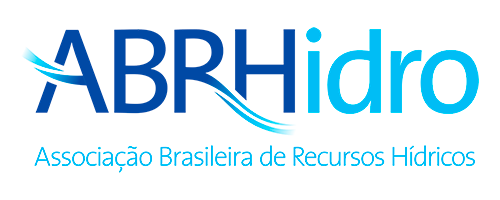9th International Symposium on Integrated Water Resources Management (IWRM) | 14th International Workshop on Statistical Hydrology (STAHY) | I EBHE - Encontro Brasileiro de Hidrologia Estatística
Data: 04/11/2024 à 07/11/2024
Local: Florianópolis-SC
Mais informações: https://www.abrhidro.org.br/iebhe
Evaluation of Empirical Evapotranspiration Models in Various Climate Zones of Pakistan
Código
I-EBHE0035
Autores
Mohammed Magdy Hamed Hussein Abdallah
Tema
WG 1.01: REHYDRATE - REtrieve historical HYDRologic dATa & Estimates
Resumo
Precise assessment of evapotranspiration (ET) is crucial for developing and managing water resources. Numerous empirical ET models have been created to estimate ET. The primary constraints of this approach are the need for multiple meteorological variables and a substantial data timeframe to fully understand the evapotranspiration (ET) pattern, which is often lacking in many underdeveloped nations. This study evaluates the efficacy of 30 empirical ET models to rank them for Pakistan. The purpose is to help identify the most suited models based on data availability. The Princeton Global Meteorological Forcing dataset, which provides daily climatic data with a resolution of 0.25° × 0.25°, was used from 1948 to 2016. The reference evapotranspiration (ET) was computed using the Penman-Monteith method. The models for Pakistan were ranked using multi-criteria group decision-making. The findings indicated that the temperature-based Hamon model was the most effective for most Pakistan, with the Hargreaves-Samani and Penman models closely following. Hamon demonstrated superior performance across many statistical variables employed in the study. Ivan had superior performance compared to the humidity-based models, Irmak-RS and Ritch outperformed the radiation-based models, while Penman excelled among the mass transfer-based models. The relative efficacy of several ET models varied significantly in Northern Pakistan, making it the most heterogeneous location.

